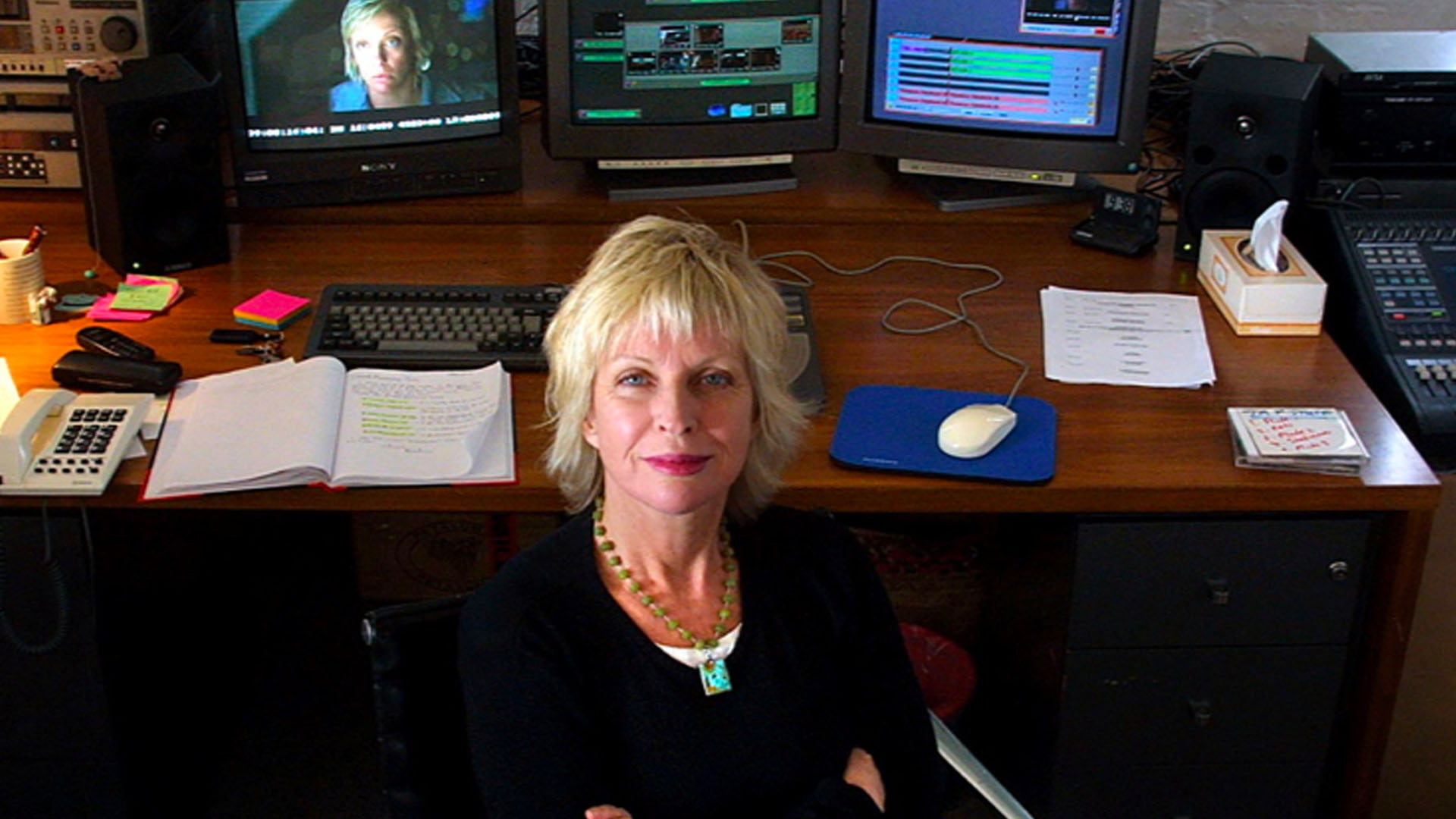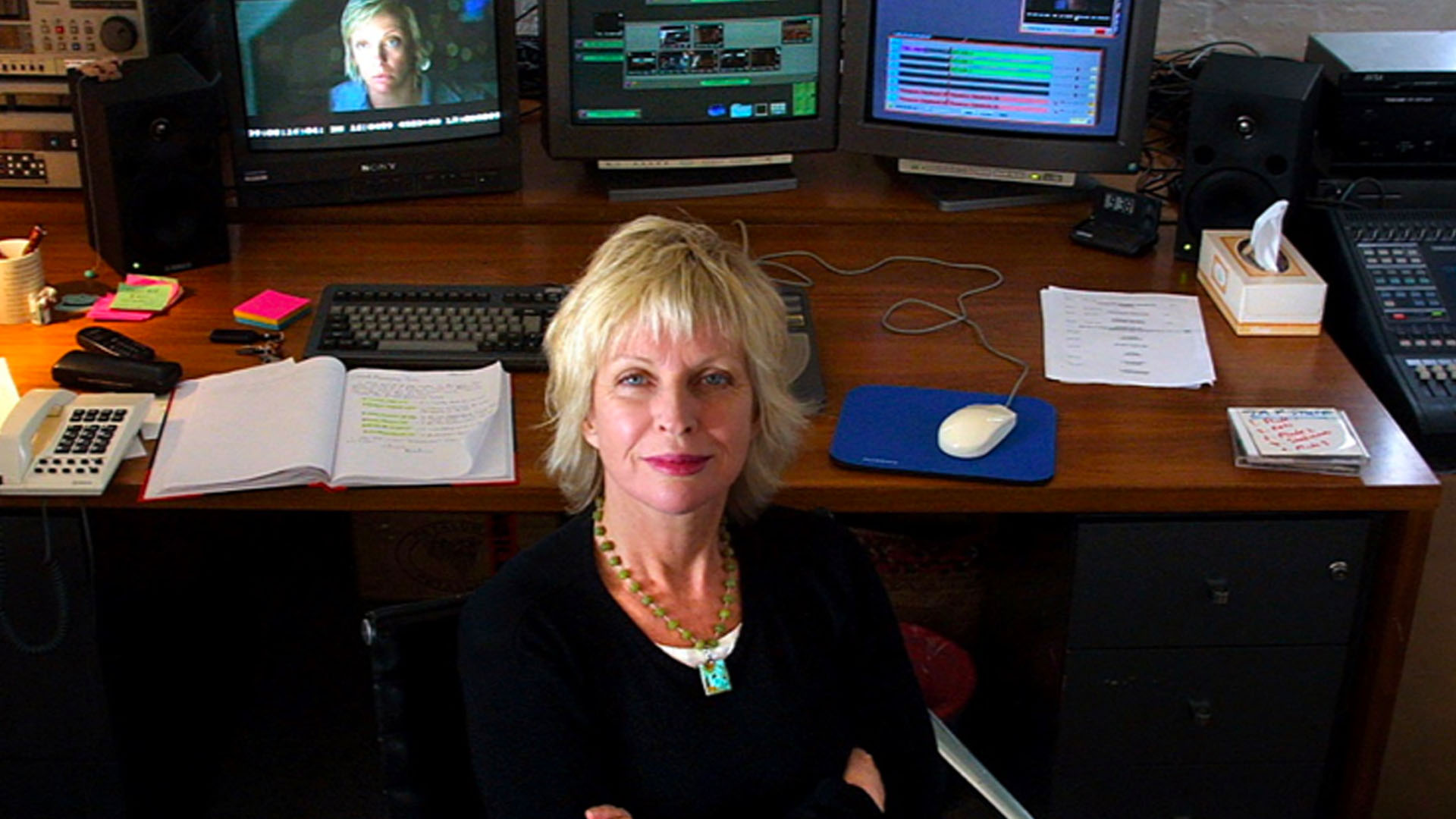
Get Video Editing Tips, Tricks, and Guides Straight to Your Inbox
Dark
Light
Jill Bilcock has come a long way since editing her first film on her kitchen table. She has worked with some of Hollywood's most revered directors: Sam Mendes, Baz Luhrmann, Shekhar Kapur and P.J. Hogan, to name a few and helped create some of the most celebrated films in, not just Australian cinematic history, but history, period.
Bilcock's illustrious career includes a whole slew of award nominations and wins, including a nomination for the Academy Award for Best Film Editing for Moulin Rouge! in 2001.
She also is a big fan of Lightworks, going as far as to say...
"I wouldn't be interested in a film if they told me I couldn't use Lightworks."
- Jill Bilcock
Thanks Jill! We're big fans of yours too.
Keep reading for an interview about the past, present, and future with Jill Bilcock. You can also head to lwks.com/pricing to start your own editing journey! Who knows, one day, we might even be interviewing you!

It was by sheer chance. I was an art student at the Victorian College of Arts in Melbourne, and they introduced a film course into the curriculum. At the end of the course, I was employed by the Australian film director Fred Schepisi, and he allowed me to venture into whatever aspect of film I wanted to explore; he said I could be a director, a cinematographer, whatever! I started as a producer but then tried editing, and I absolutely fell in love.
Well, it was a five-minute film for our course. My subject was on human rights – I used to be quite politically active. We didn't have any equipment – not even a camera. I bought my own 16mm Bolex. I had all the film spread out over a table and was just splicing it together. I used reversal film, so I was holding it up to the light and cutting by eye. We didn't even have anything to view it on!
I also did a lot of the editing in-camera. The 16mm Bolex had the ability to rewind so that I could do dissolves and fades in camera and also stop motion, so I was able to animate static material.
Finding personal expression through each different director I'I'veorked with, all while trying not to impose too much. All directors have their own way of seeing things, so it's the transitional period from when you first start collaborating to finally understanding their sense of story, style and directorial ambitions.
The first time I used Lightworks was in 1994 when I was working on the romantic comedy I.Q. in New Jersey. Coming straight from cutting film to non-linear editing – the Lightworks system was designed specifically for this transition. It has a speed controller that was like a KEM or a Steenbeck. I was able to feel in control, as Lightworks complemented the thought processes I was used to before non-linear editing when I was cutting film. Lightworks is a film program, which just happens to be run by a computer. It's not like other systems [such as] computers adapted to edit film.
Lightworks ease of use helped me edit films like Moulin Rouge! [in which] music is a major part of the story. I honestly don't think I would have been able to cut them without Lightworks. You aren't adding frames by numbers or stopping abruptly. Its simplicity and minimal use of the mouse and keyboard allow for a better editing workflow.
It doesn't matter how technology progresses – editors are still the ones that generate ideas and imagination, and create that sense of rhythm I've referenced. Visual effects will become more realistic and advanced, but we still have to bring our individual creativity and sense of story to each film we work on, even decades from now.
Scorsese. I love how he interprets things so individually and brings such a lot to his work in post – and he uses Lightworks! I also admire Thelma Schoonmaker immensely.
Through ignorance of producers thinking they have limited choices when it comes to equipment. Also, in the past, there was fear of a lack of technical support when Lightworks was smaller. The deal will often have been done before the editor has been hired. This has resulted in a lot of editors already having been channelled down a different path. I have tried the obvious alternatives and know their advantages and disadvantages. I wouldn't be interested in a film if they told me I couldn't use Lightworks.